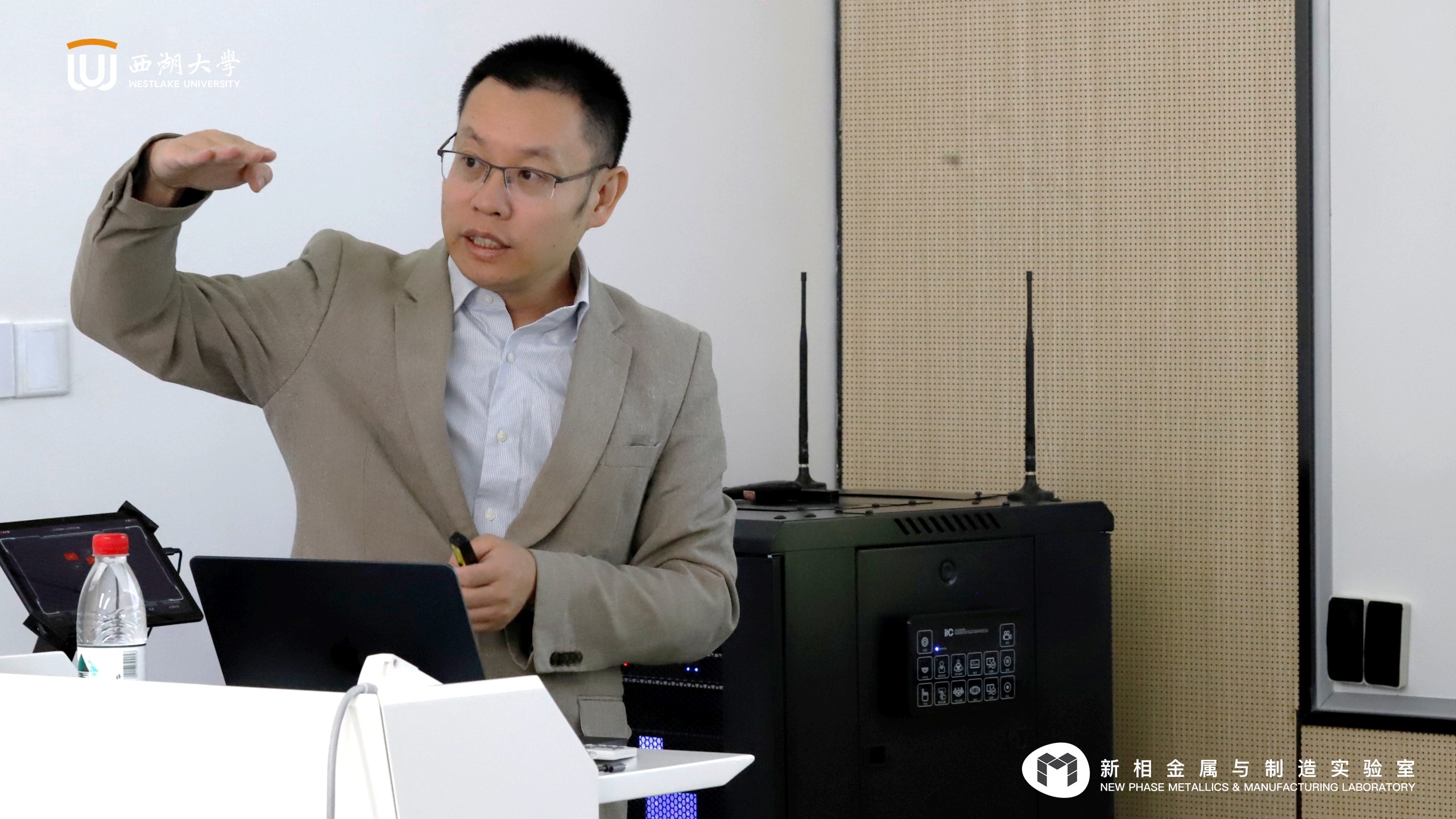BIOGRAPHY
Dewei Chu received his Ph.D. degree in materials science from the Shanghai Institute of Ceramics, Chinese Academy of Science, in July 2008. He worked at the Advanced Institute of Science and Technology (AIST) Japan for three years. He is currently a Full Professor and ARC Mid-career Industry Fellow in the School of Materials Science and Engineering at UNSW. His research group targets to develop solution-processed, printable, and flexible nanoionic materials for cost-effective and energy-efficient wearable electronics.

ABSTRACT
Wearable devices with flexible and stretchable components have great potential for the applications of healthcare monitoring, sports and robotics. In general, there are four key components in wearable devices: wearable sensors, flexible data processing unit, wearable energy harvesting device, and wearable battery. Inspired by biological system, our team have developed a series of nanoionic materials for wearable sensors, data storage devices, moisture electric generators and flexible zinc ion batteries. These include: 1) A series of Ag nanomaterials based transparent conductive electrodes and wearable devices developed through interface engineering and innovative printing technology; 2) A new design of artificial perceptual system integrating ZnO‐based synaptic devices with Pt/carbon nanofibers‐based strain sensors for stimuli detection and information processing; 3) Moisture‐enabled nanogenerators (MENGs) by integrating heterojunctions of graphene oxide (GO) and reduced graphene oxide (rGO) for utilizing ambient moisture as an energy source for portable devices; 4) A flexible mild Ag-Zn fibrous battery with outstanding cycle performance via designing a bifunctional gel electrolyte for next-generation flexible/wearable electronics.